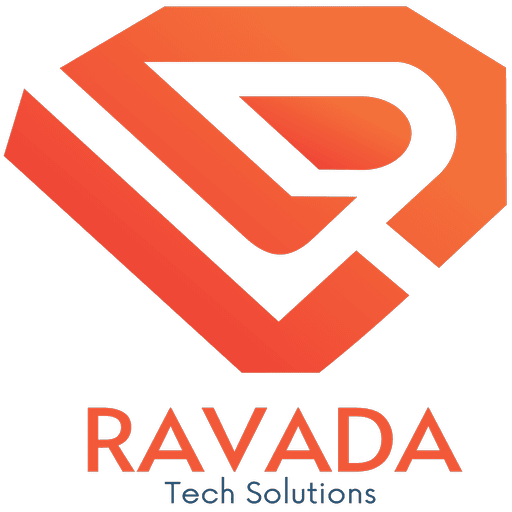Our Approach
Tailored enterprise software solutions to streamline operations and enhance productivity seamlessly
Our service delivery approach defines how IT services are planned, developed, deployed, and maintained to meet your business objectives, ensuring scalability, reliability, security, and agility in Enterprise Application Development Services.
Define Business Requirements and Model Selection
Conduct workshops to define functional and non-functional requirements. Align IT strategy with digital transformation, choose Agile or hybrid delivery models, and employ DevOps for continuous integration
Development & Implementation Approach
Our architecture will use a microservices approach with cloud-native solutions, API-first integration, modular development, and Test-Driven Development (TDD) to enhance scalability, efficiency, and code quality
Service Deployment and Quality Assurance
The implementation of CI/CD pipelines for automated build processes and testing, blue-green deployments for minimal downtime, and thorough performance, security, and user acceptance testing for reliable updates.
Service Management & Operations
Proactive monitoring, incident management, tiered support, user feedback loops, performance metrics, IT governance, risk assessment, and disaster recovery strategies ensure operational efficiency and minimal downtime


